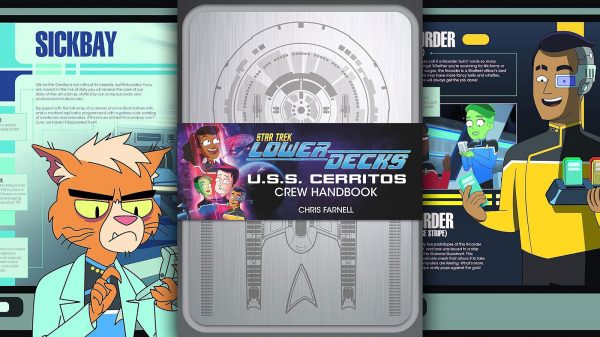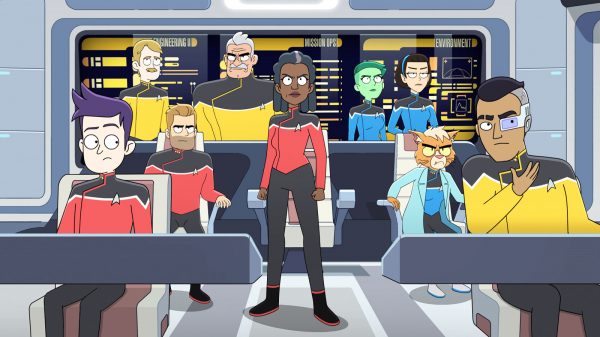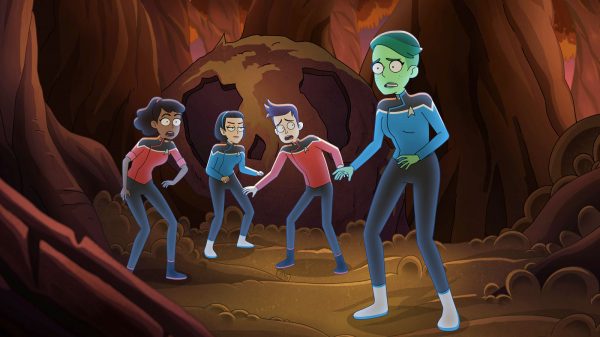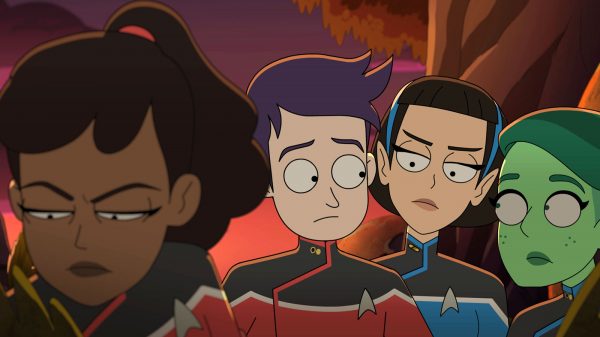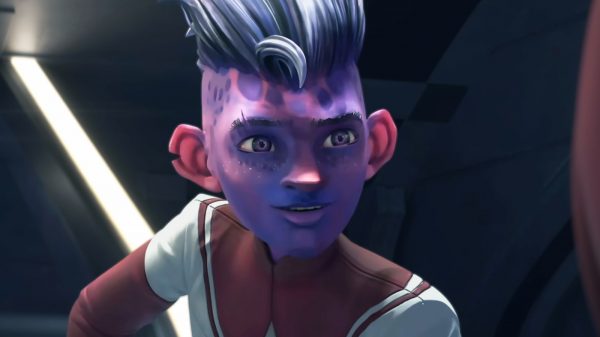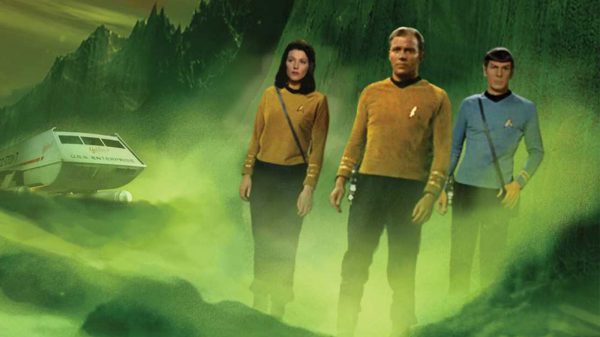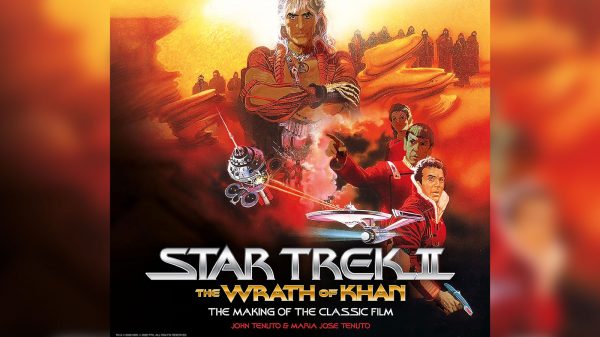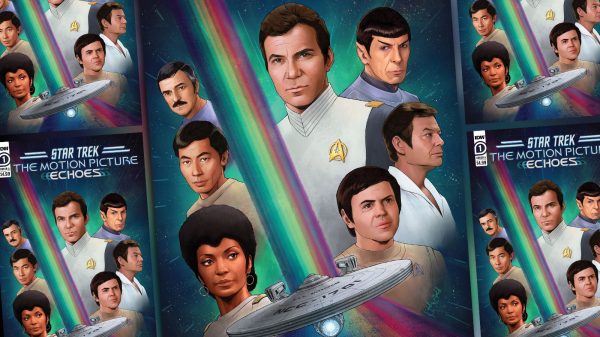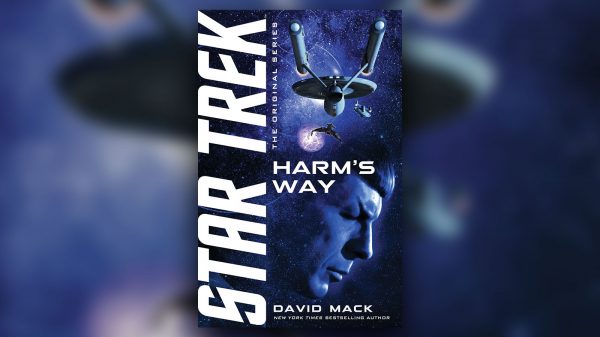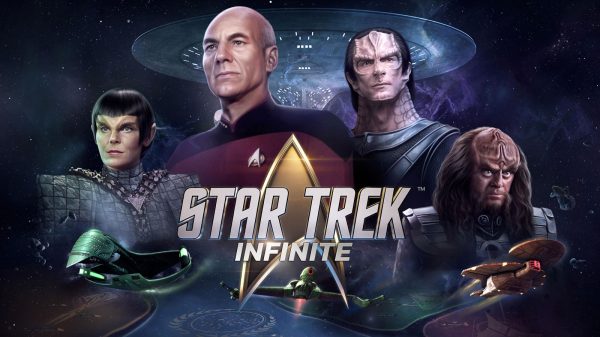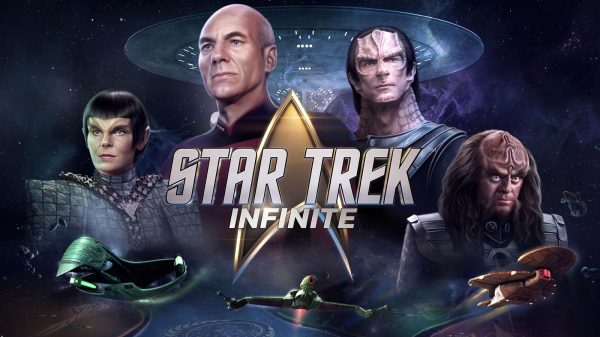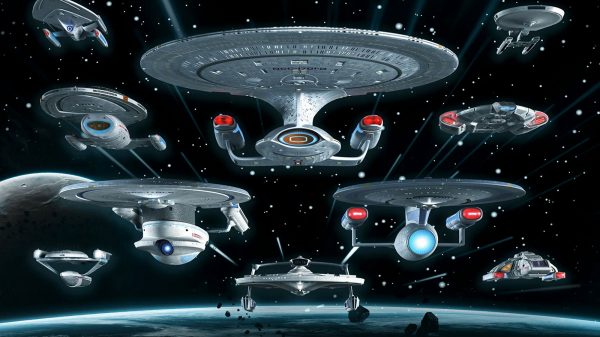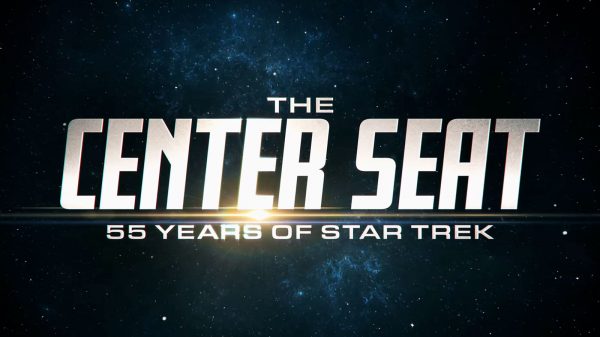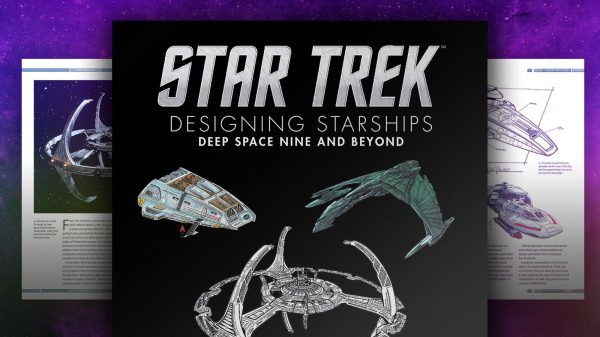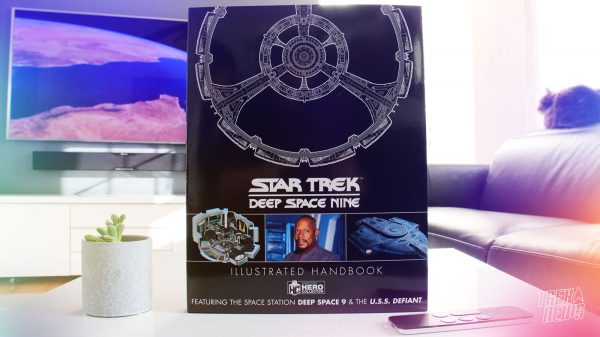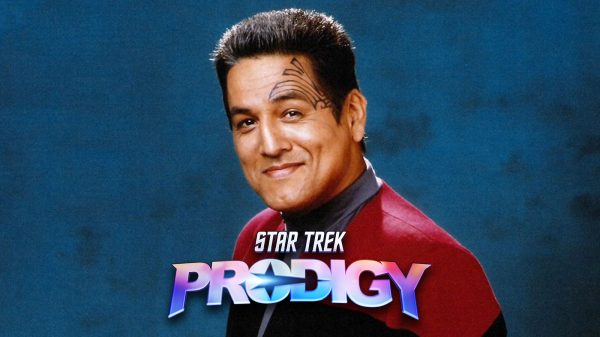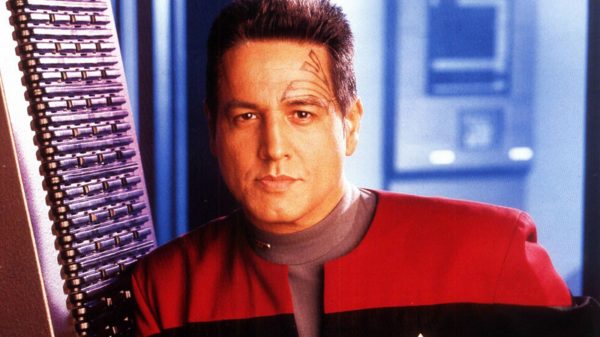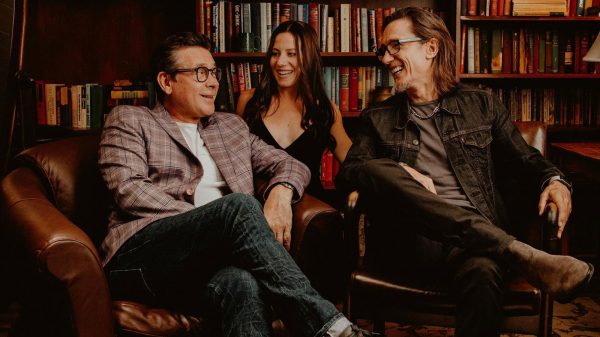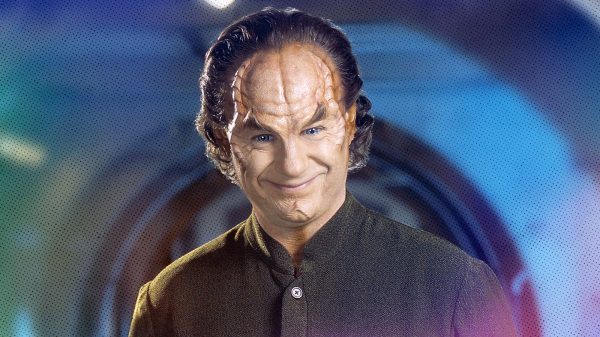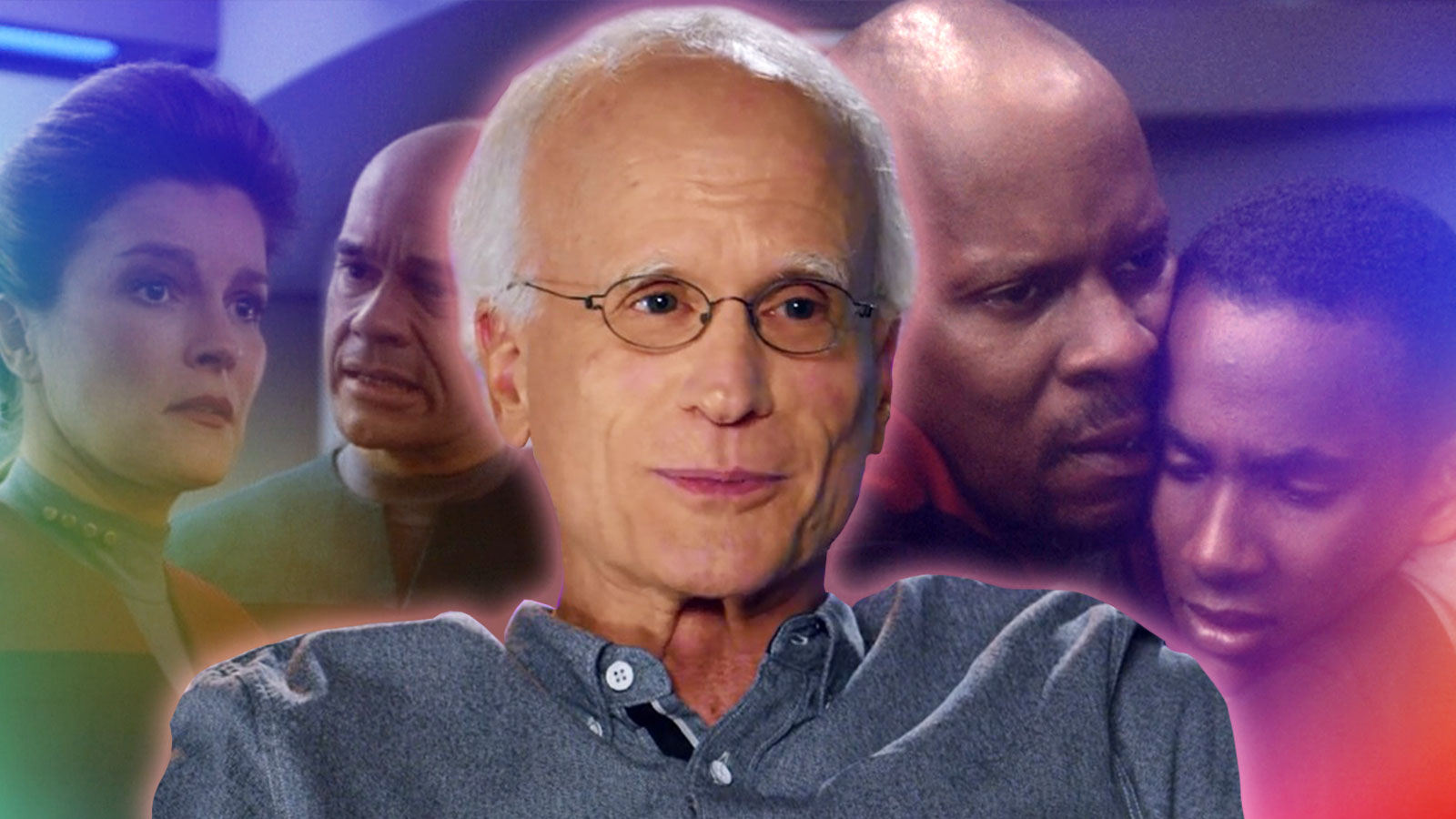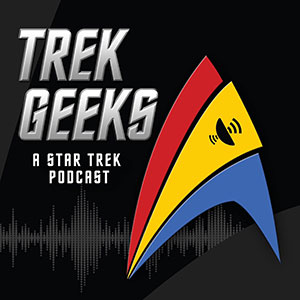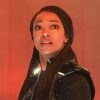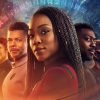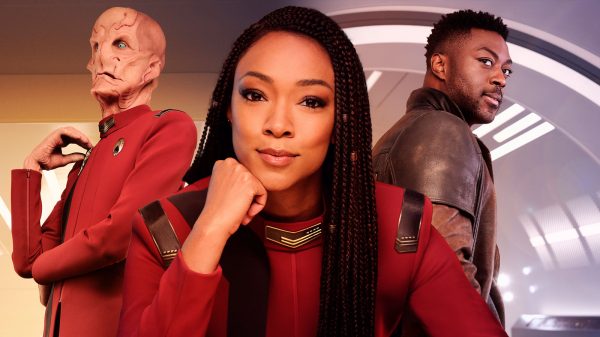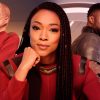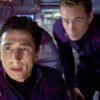Acclaimed The Next Generation, Deep Space Nine, Voyager, and Enterprise director David Livingston discusses his impact on the Star Trek franchise and his involvement in the Trek Talks 2 charity event
Ahead of the January 14th Trek Talks 2 event this weekend, Treknews.net had the pleasure of sitting down with David Livingston, long-time Star Trek director and producer, about his work with the Hollywood Food Coalition and his illustrious Star Trek career, which spanned from the earliest days of The Next Generation to the last days of Enterprise. In all, he directed 62 episodes, including gems like “The Visitor,” “The Nagus,” “Scorpion,” “Shuttlepod One,” and many others, making him the most prolific director of the franchise. In recent years, he has dedicated his time and talents to helping further the cause of the Hollywood Food Coalition.
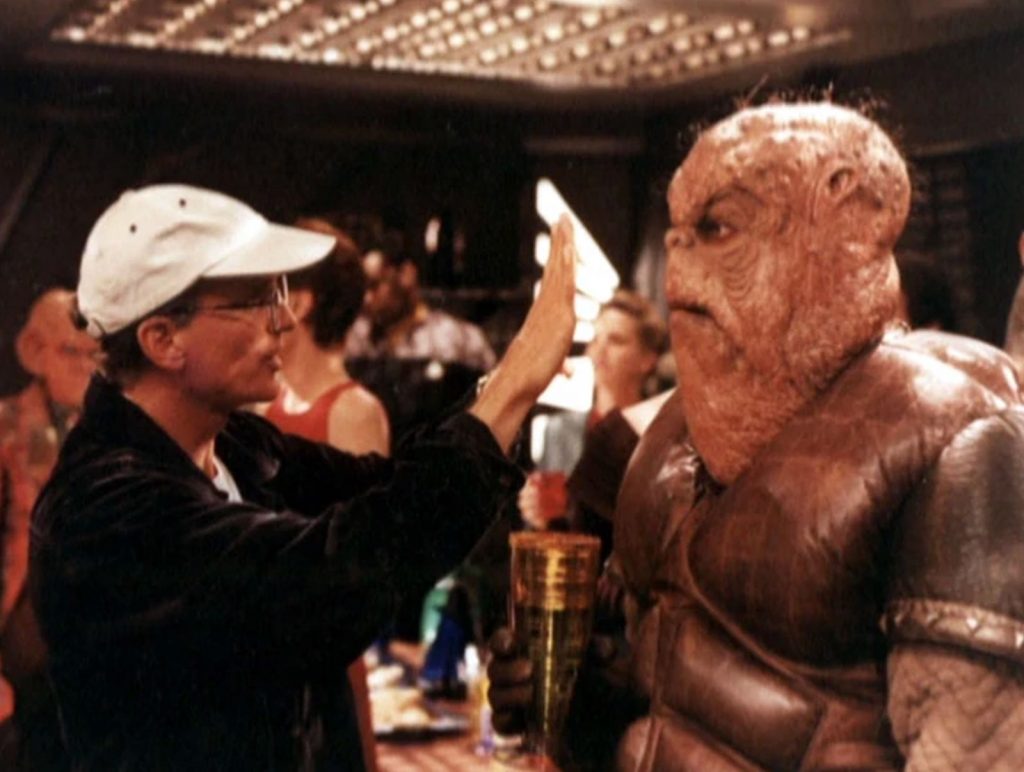

TrekNews.net: David, how did you first get involved with the Hollywood Food Coalition?
David: In the summer of 2019, I started doing more personal work, which I hadn’t been doing for a while as a photographer. I went out with my iPhone and started shooting street photography in the Los Angeles area. And I come home at night and find out that 90 percent of the photographs were of the unhoused and the homeless and the people in need. And that said something to me like, “oh, gee, I didn’t notice that before,” because as most of us do, we just walked past it, and it doesn’t have any impact on us. But the photographs had a huge impact on me. So, for six months I went through and documented my point of view of the unhoused in Los Angeles, and I decided to have a photo exhibit for it.
For some reason, I showed John Billingsley the photographs and he said he would like to have the Hollywood Food Coalition partner with me in presenting the exhibit. So, for two showings that we had in January and February 2020 prior to COVID, we had these exhibits, which were extraordinarily meaningful to me to see the public response to the photographs and the contributions both monetarily and physically that people made to the Hollywood Food Coalition. That’s how I initially became involved.
Subsequent to that, John asked me if I wanted to be on the board of directors, and I currently serve on the board and have for the last three years.
TrekNews.net: So, what kind of work specifically do you do for the HFC on a regular basis?
David: Well, up until a year ago, I shot a lot of their social media videos and stills. After that, they hired a person that came in and kind of took over that job. But as a volunteer, I shot over 30 videos, and hundreds and hundreds of stills, which were used on social media platforms as well as the website. So that was very gratifying. Subsequent to that, I’ve been working on mounting the Trek Talks broadcast from last January, and now Trek Talks 2.
TrekNews.net: How does it feel to have so many members of the Star Trek family come together for this cause that you clearly care so much about?
David: I am so grateful to all the people who agreed to do the show last year. Everybody that we asked said that they would appear, and they did. Some of them were in their car driving! But they made it. This year we have this extraordinary group of people who have been so gracious to give their time again. It’s reflecting on the impact that Star Trek has, not only on the actors and the behind-the-scenes people but the audience that we’re trying to reach. I can’t be more thankful.
TrekNews.net: Do you have any prominent memories of that first Trek Talks? Anything that really stuck out to you?
David: It was really gratifying that the producers wanted to do a segment on Deep Space Nine’s “The Visitor.” It was wonderful to get together with Tony Todd, who played the older Jake, Cirroc Lofton, and Rachel Robinson – who is Andy Robinson’s daughter and who was the actual visitor – and have a talk about what many people feel is one of their favorite episodes. It was very gratifying to get a response from the audience about the show and to see people that I hadn’t seen in 30 years.
Kudos to Michael Taylor, the original screenwriter, as well as Renee Echevarria, who did an amazing rewrite to give it a lot of its emotional heart. I was just fortunate to be able to direct it, and my main job was just to stay out of the way and to tell Tony Todd he didn’t have to cry on every take because he was so emotionally invested in the story.
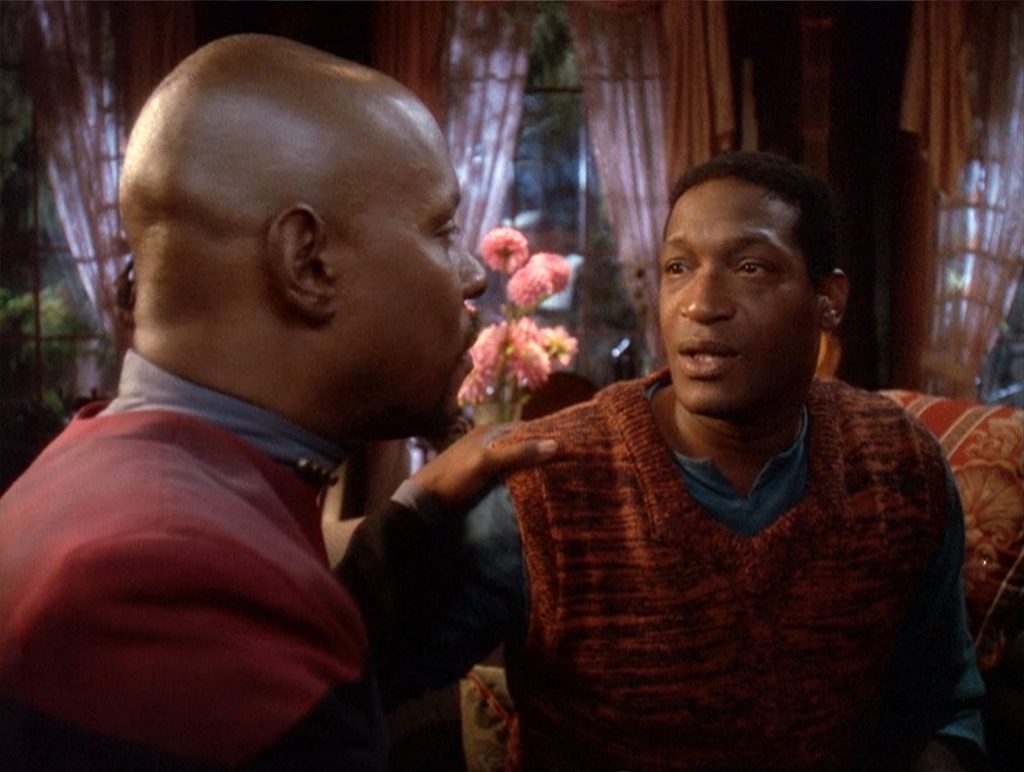

TrekNews.net: So clearly “The Visitor” sticks out in your mind from your illustrious career. Are there any other episodes that really stick out to you?
David: I’m a big fan of the alternate realities, or when we step outside the ship or off the promenade, or when the characters assume identities other than their normal characters. Those are my favorites.
I don’t know how the audience feels about it, but one of my favorite episodes is “Impulse” from Enterprise, in which the Vulcans become zombified. I just had a great time doing that because I wasn’t doing a Star Trek show; I got to do a zombie movie. The thing that drove me was to make sure I didn’t lose sight of the horror element. Low angles, dark, mysterious, all that kind of stuff. And at the heart of it, it’s like, what happens to creatures that are totally based on logic and organization and control, and they lose that? What happens to them in that circumstance? And Jolene Blalock as T’Pol represented the soul and heart of that. It was a great performance.
TrekNews.net: Yeah, not often does Star Trek try to scare its audience, but the few times it has, it’s been pretty effective. Strange New Worlds did a horror episode recently. Do you watch any of the newer shows?
David: I have to admit I don’t.But it is extraordinary, I hear all five of the recent shows are all so different from each other. What an incredible thing that Gene Roddenberry started off with, with this kernel of an idea. That humankind can end up on the positive side of things. I don’t think there can be a stronger premise than what Gene initially launched.
I guess the reason why I haven’t watched the newer shows is… I’m a Blade Runner fan. That’s the kind of science fiction I personally like. I like the dystopian idea and the darkness and all that kind of stuff.
TrekNews.net: It’s interesting that you’re a fan of the darker kind of sci-fi when you’ve directed more Star Trek episodes than anybody. The shows are inherently a little lighter both visually and thematically than Blade Runner.
David: Yeah. But I didn’t write them, my job is to read the script and then to try and emotionally and visually present what the writer’s intention was. So, it doesn’t matter what you direct; your responsibility is to the script and to the intention of the script. My personal point of view might be something, but my obligation is to the script.
TrekNews.net: This makes perfect sense. Okay, let’s get this question out of the way: have you ever owned a lionfish?
David: (laughs) I have not. I would rue the day I did because lionfish eat little tiny goldfish. They are nasty, nasty creatures. To have the lionfish in Picard’s Ready Room named after me was an insult to me. It was done by Herman Zimmerman, who was a production designer on The Next Generation, has multiple Star Trek features and multiple series, and is a wonderful human being, and I love him dearly. But it was a knock against me when I was a production manager because my job as a production manager on The Next Generation was to say no when people were going to exceed their budget. Creative people don’t like to be told no. But I have broad shoulders, I can deal with it.
TrekNews.net: In retrospect, how do you regard your body of Star Trek work?
David: I am grateful that I got to do all that I did. Thank you to Rick Berman. I wasn’t always the favorite of the cast, the crew, the studio, or whatever, but Rick was always my biggest supporter, and thank goodness he was the executive producer on the shows.
In terms of my body of work, when you’re an episodic director, the script is the luck of the draw. And sometimes you draw clunkers and it’s really hard to figure out how you’re going to get through it and present it in a meaningful and emotional way to the audience. But then I was gifted unbelievable stories. And so again, it was the luck of the draw. I had the time of my life directing every single day. I never regretted a moment of what I did, except on my first episode, which was TNG’s “The Mind’s Eye.” I felt I phoned in the end of the episode and I said to myself I’m never going to do that again. And I never did. At the end of the episode, we were supposed to do a piece of action, and I was way over schedule. And I talked to Patrick [Stewart] about the end of the episode and I told him what my idea was to try and get us off the stage. He said, “yeah, that’s okay.” So, we shot it, and again, it wasn’t what I wanted, and I learned a big lesson.
TrekNews.net: So, you’ve mentioned “Impulse” from Enterprise, “The Visitor” from Deep Space Nine, and of course your first directorial credit was TNG. Do you consider any one of the series you’ve worked on to be “your” series? Do you have a particular attachment to any one of those series, or do they all kind of blur together?
David: I have favorites in all of them. I was only fortunate to direct two TNGs, so I didn’t have as much directorial involvement in that series. The other three series I’m fond of, and each had individual characteristics that offered opportunities for the director.
Deep Space Nine was probably the most interesting in terms of characterization because everybody hated one another and loved each other at the same time. And that made for very interesting dynamics and it was visually interesting shooting on the space station. It offered opportunities that you didn’t have on the spaceship.
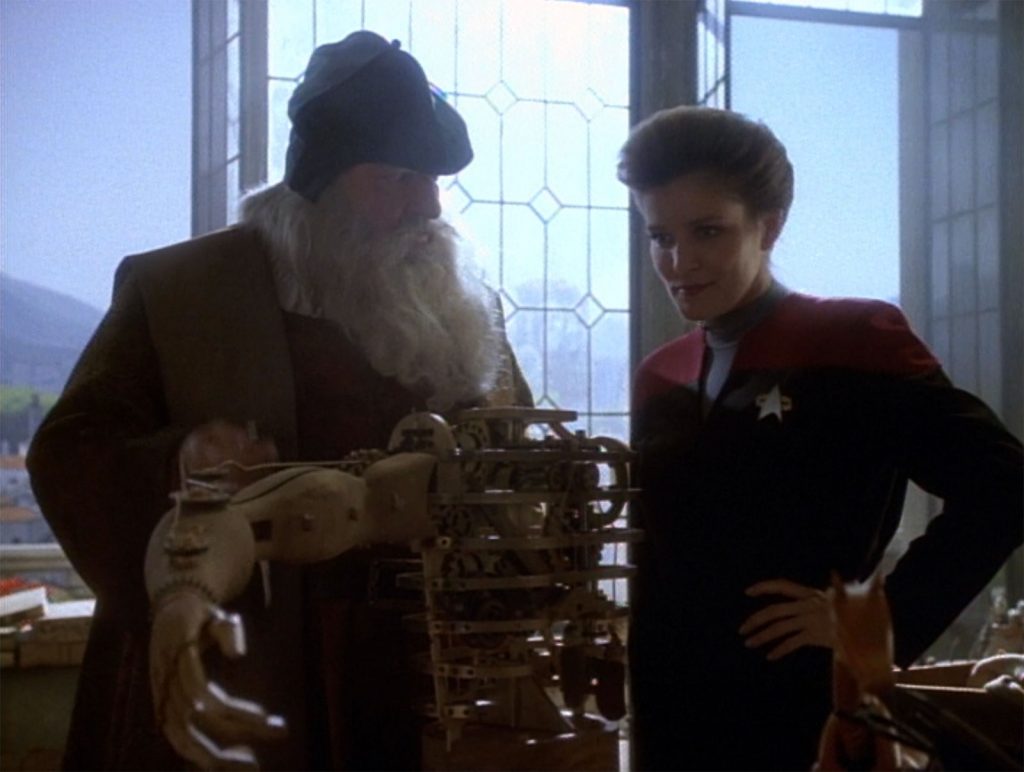

TrekNews.net: You must consider a lot of value in listening to the leading actors and actresses of a show when working with them. Like you just said, you consulted with Patrick Stewart, and so how much value do you place in what those folks bring to the table when you step on the stage to direct them?
David: Well, you live and die by them. You don’t direct them, because they know their characters better than you do. And they’ve been doing it for a lot longer than you’ve been around. But the groups that we had on all the four series that I directed were a great group of actors. I mean, just extraordinary. Patrick Stewart is always the first one on the set. Kate Mulgrew is absolutely a captain, and a leader. Deep Space Nine would not have been Deep Space Nine without Avery Brooks. He was the heart and soul of that. And Scott Bakula, the ultimate leader. So how fortunate and what an easy job it made for the director to be able to come in and have that leadership role.
TrekNews.net: Over your 17-year Star Trek career did you witness any really notable advancements in TV production that you grabbed onto and used?
David: Well, random-access editing, for sure, like what we have now in programs like Final Cut Pro. Initially, we had to edit on cassettes and once you did a cut you couldn’t go back in and change that cut without going through the whole cut again. Right? That was a major, major advancement in terms of freeing up an editor and a director to go back and do all these changes without being encumbered by the technical aspects. So that’s one thing.
The second thing was shooting digitally. When you are able to set up a monitor and see exactly what the audience is going to see in high-definition video, you’ve died and gone to Heaven. You don’t lose the energy of the scene when filming digitally. You can keep the intention of the scene going and not interrupt the flow. It’s faster, it’s more efficient, and everything is better. The digital revolution has been absolutely extraordinary in everything, including my photographic career and certainly in show business.
TrekNews.net: So, who are your cinematographic heroes? Any major influences that really informed your style?
David: Alfred Hitchcock, Orson Wells, John Ford, John Frankenheimer, and Billy Wilder, just to name a few. I went to FC Film School and had a seminar with Fritz Lang [director of films like 1931’s M and 1927’s Metropolis] and drove him home in my car. Fritz Lang directed one of the great films of all time, and to actually have met him! People should be forced to see every David Lean film. Lawrence of Arabia is a masterpiece in every single frame. Every single frame. Movies like that are gifts to us.
TrekNews.net: Thank you so much for sitting down with us, David.
David: Thank you for having me. I’m looking forward to Trek Talks 2!
Details on Trek Talks 2
The upcoming charity drive Trek Talks 2 will feature dozens of Star Trek alumni coming together for a live-streamed telethon to help raise money and awareness for the Hollywood Food Coalition (HFC). The HFC is an organization based in Los Angeles County that takes great pride in the fact that, since 1987, they have served meals every night to those in need. The organization works to rescue food that would otherwise be wasted, and it also distributes necessities like clothes, shoes, and blankets to those who need them.
Trek Talks 2 kicks off on Saturday, January 14th at 12:45 pm ET/9:45 am PT. It will feature interviews, roundtable discussions, and performances from the likes of Anson Mount, Scott Bakula, Terry Ferrell, John Billingsley, David Livingston, Doug Drexler, Cirroc Lofton, John de Lancie, Dan Curry, and many more cast and crew from the Star Trek franchise.
For more information and a full lineup of guests, visit trektalks.net.
Stay tuned to TrekNews.net for all the latest news related to Star Trek: Picard, Star Trek: Discovery, Star Trek: Strange New Worlds, Star Trek: Lower Decks, Star Trek: Prodigy, and more.


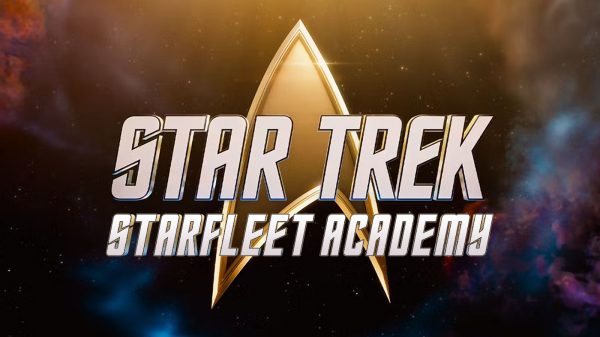
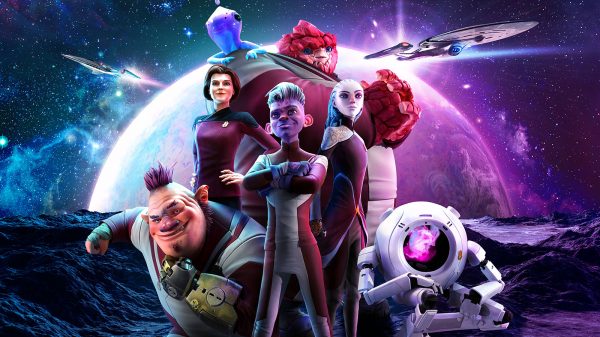
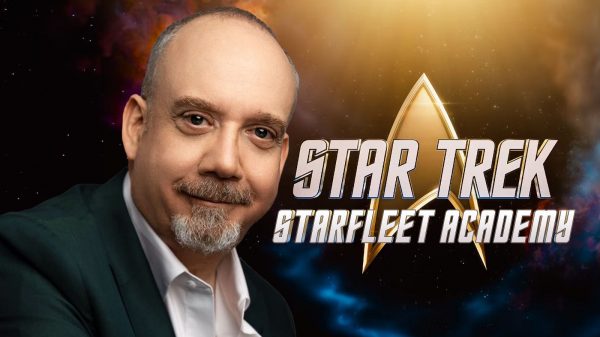
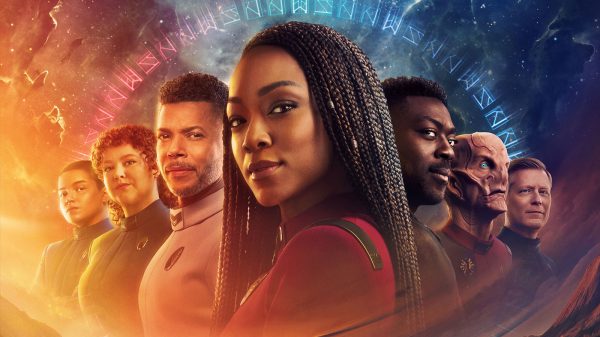
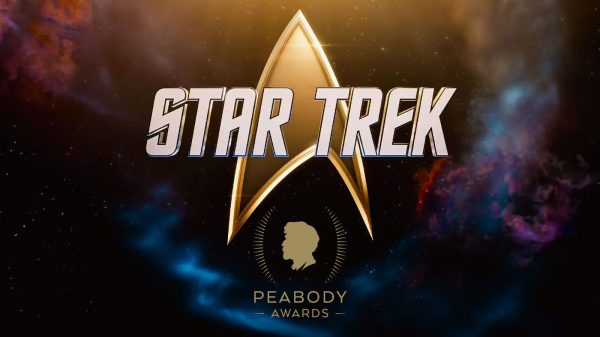
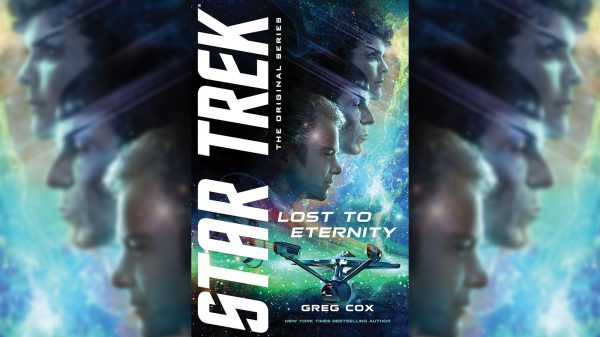
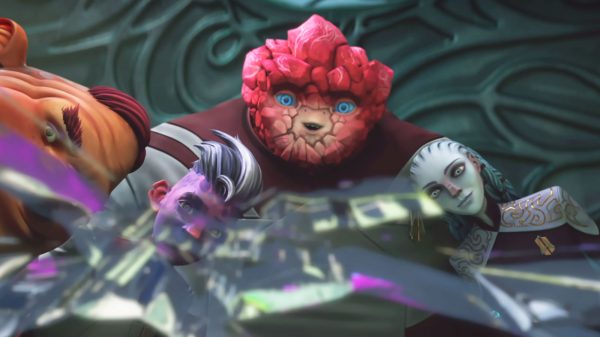
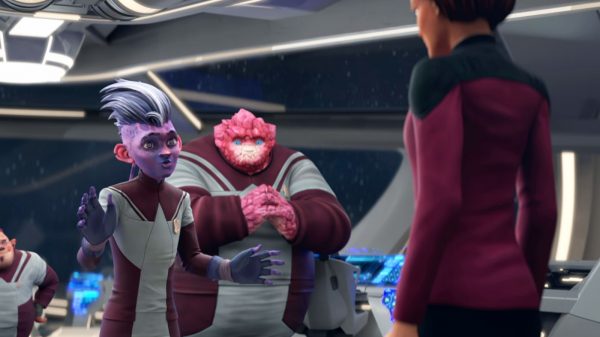
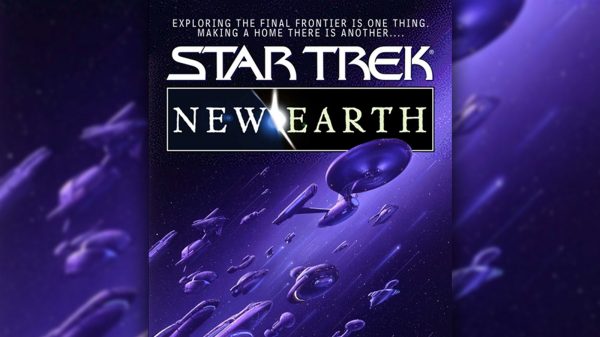
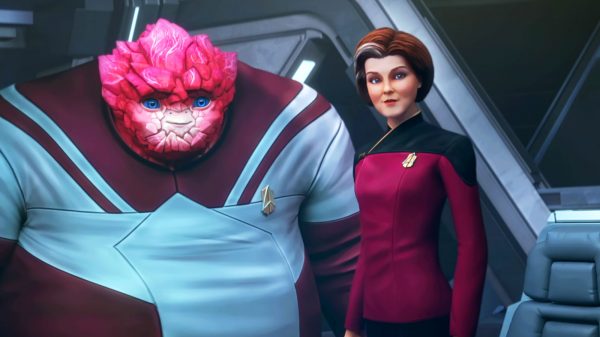
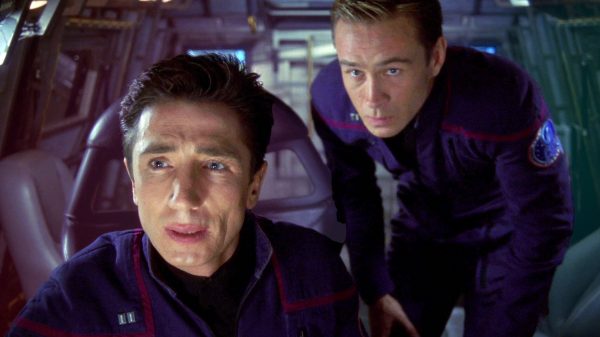
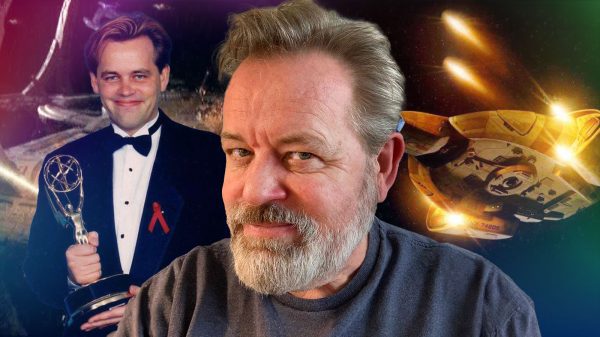
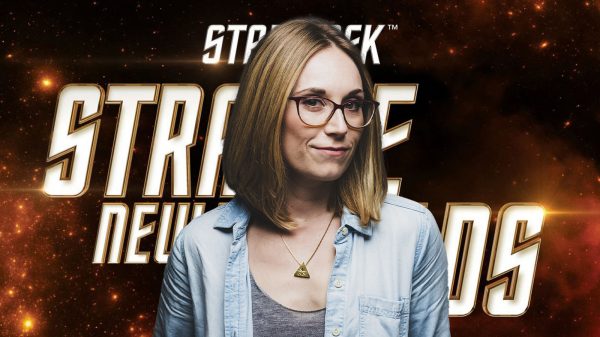
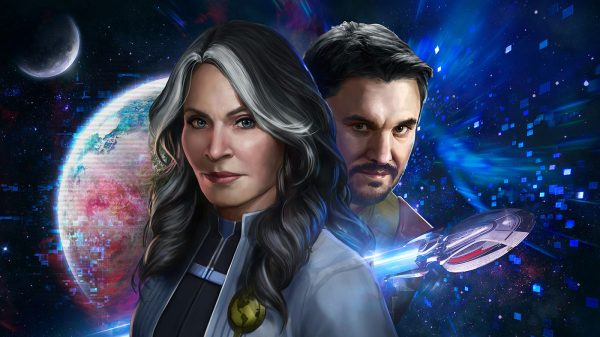
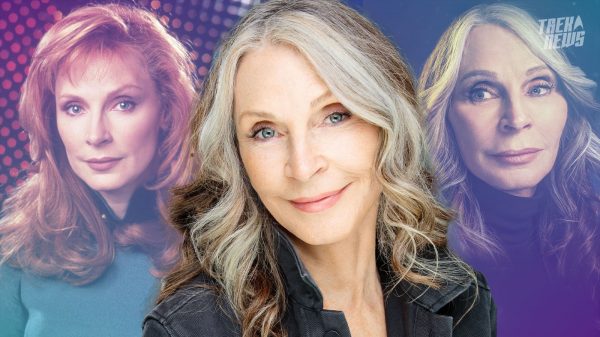
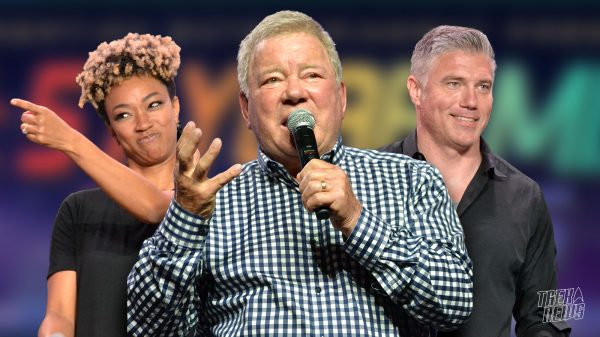
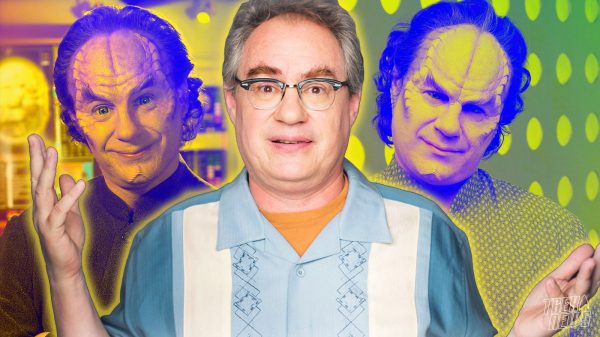
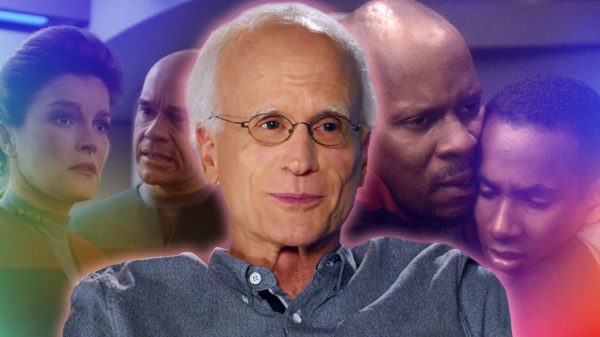
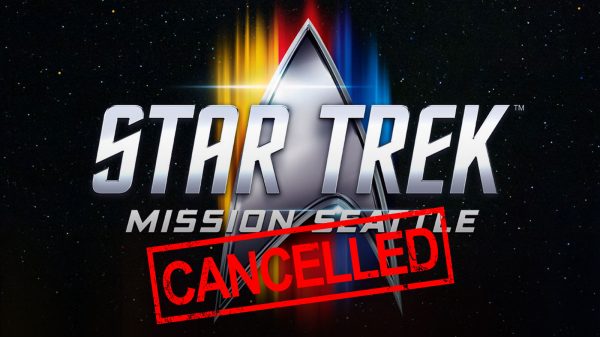

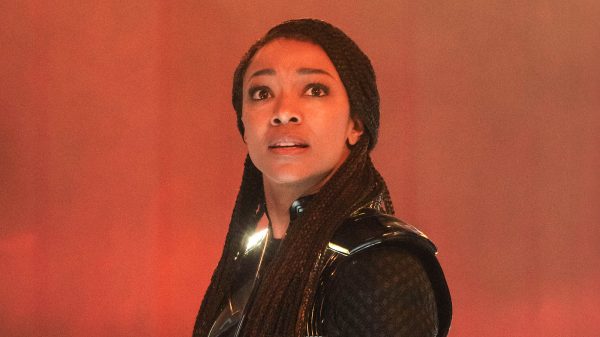
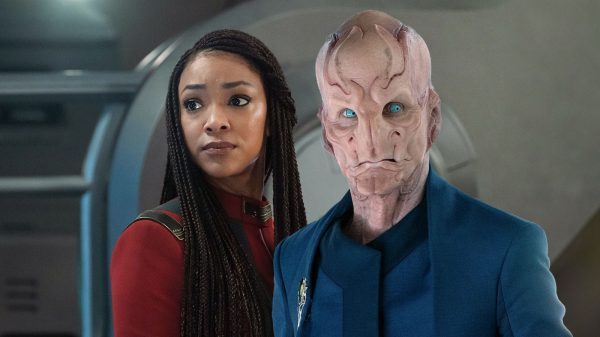
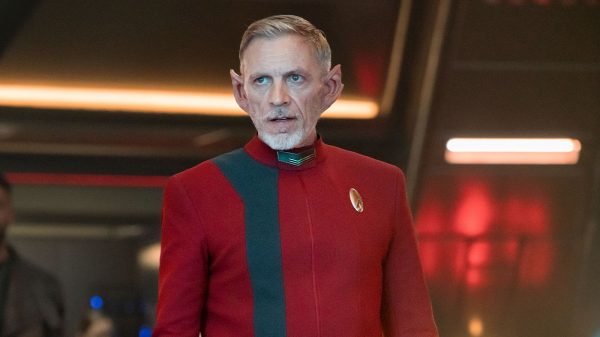
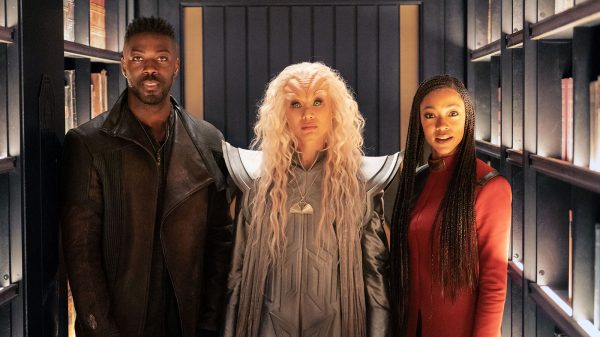
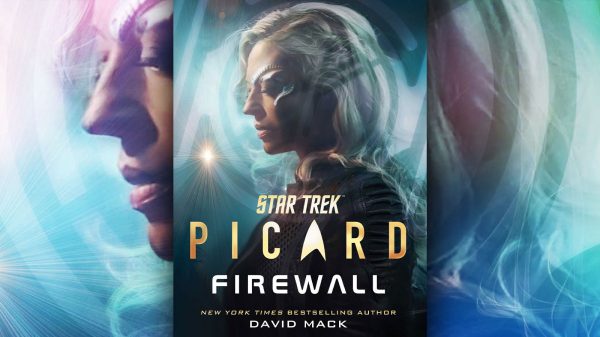
![2023: A banner year for Star Trek — here’s why [Op-Ed]](https://treknews.net/wp-content/uploads/2024/01/star-trek-2023-year-in-review-600x337.jpg)
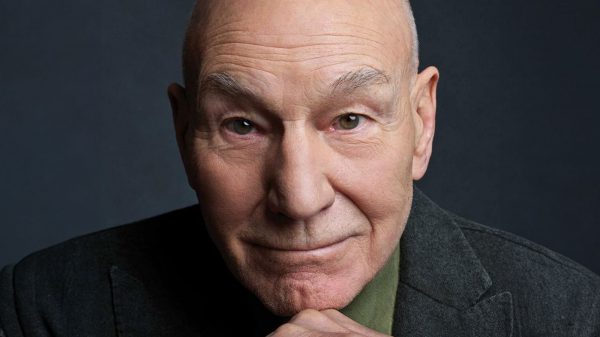
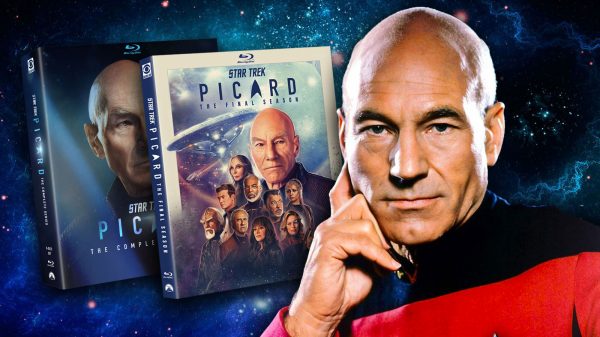
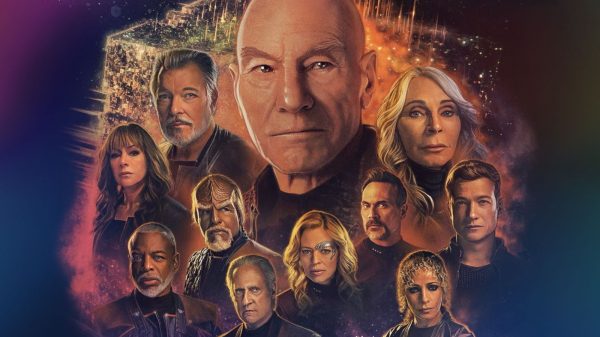
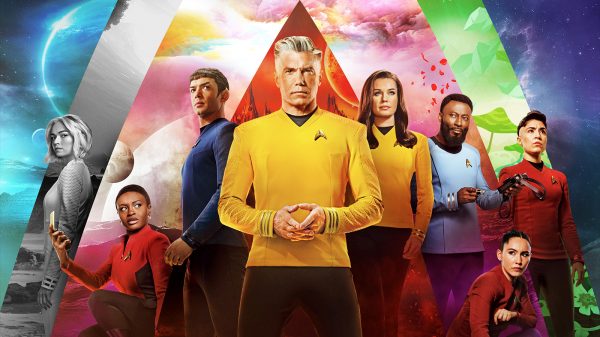
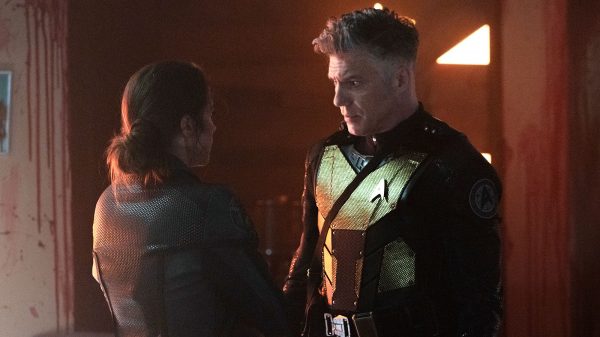
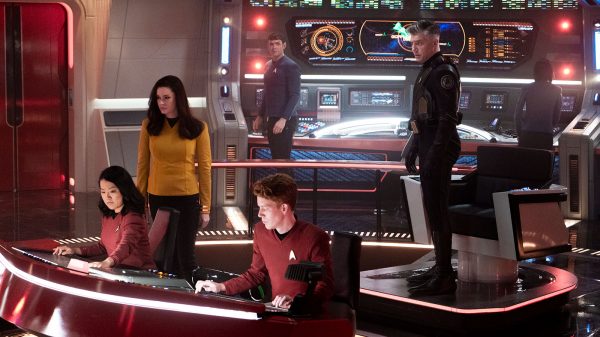
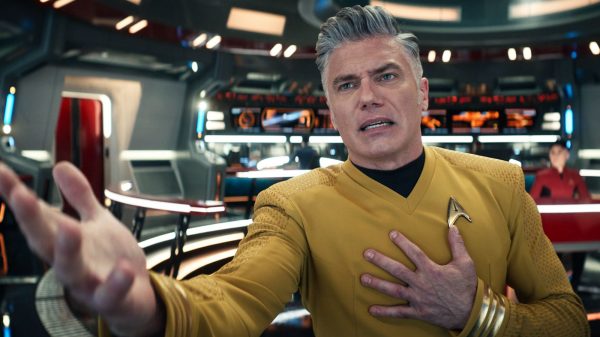
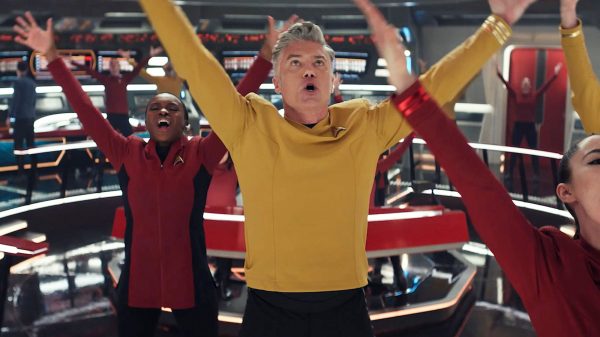
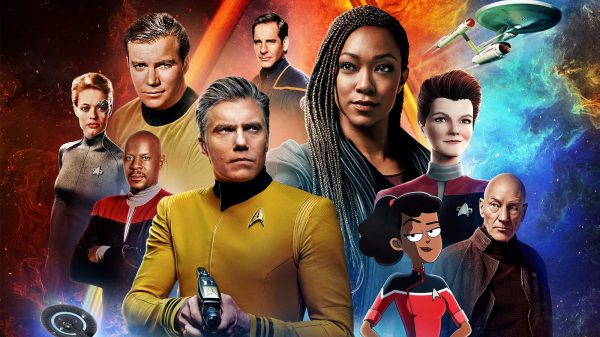
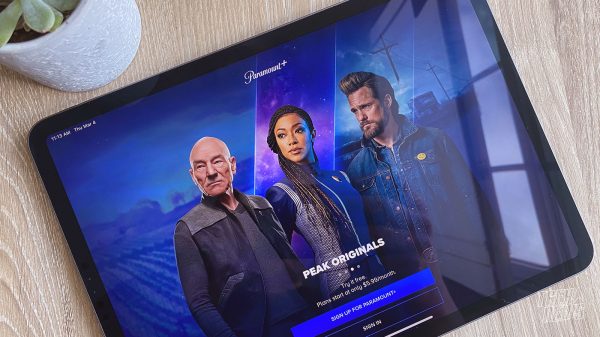
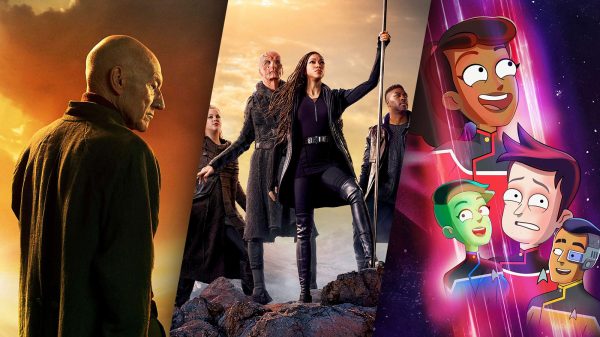
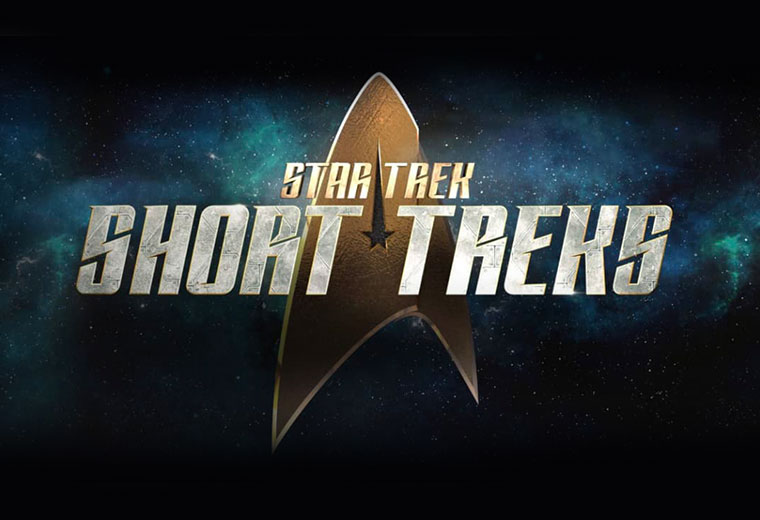
![[REVIEW] STAR TREK: SHORT TREKS "Children of Mars": All Hands... Battlestations](https://treknews.net/wp-content/uploads/2020/01/review-star-trek-short-treks-children-of-mars.jpg)
